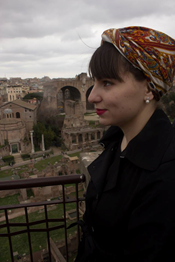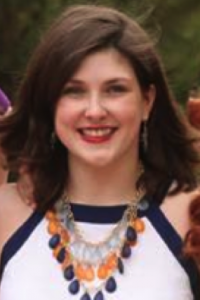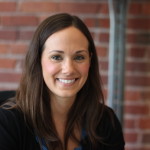This semester (Fall 2017), I interned with the The Papers of James Monroe, creating an online exhibit for James Monroe’s 1818 tour of the Chesapeake. Having taken the class “The World of James Monroe” offered by the UMW History Department a couple years ago, I had a fairly thorough grounding in the history surrounding Monroe’s presidency. During Monroe’s first term in office, beginning in 1817, he undertook a series of tours to scope out new sites for military fortifications and strengthen America’s system of defense in the wake of the War of 1812. These tours, originally designed for the sole purpose of assessing military potential, took on another role as citizens desired to meet the president, exhibit their patriotism, and celebrate the potential of their cities. With this in mind, I began researching the shortest of his tours, which lasted a little under three weeks, and encompassed the Chesapeake Bay area.
For this research, I used transcriptions of primary sources collected in the James Monroe Papers. From these documents, including letters, memoirs, diary entries, and newspaper articles, I had to recreate a spotty timeline of events. Having determined Monroe’s exact agenda as nearly as possible, I began searching for pictures that were relevant to the information I had gathered. I found this one of the more difficult processes. I spent almost a month tracking down images that could be in anyway related to the topics, people, or places I was discussing. While I often found this process very frustrating, I profited massively from the help and instruction of my supervisors. Some of the things I learned included the acceptability of substituting the image you want to find for the image you can get, especially when the former isn’t forthcoming, and the necessity of using digitized local archives. I was able to use my general knowledge of a subject or place, as well as my researching capabilities, to my advantage. While this process was the most foreign to me, it was also the most exciting, especially when I finally found the exact image I wanted.
When I had completed my search for images, I began crafting my tour. This was another aspect I found difficult. As a history major, I am used to using sources and facts to support and explain my projects or papers. But in creating an exhibit, I had to be very aware of what images I could use to craft an acceptable narrative. It was very difficult for me to adjust to this style where every statement doesn’t have to be justified and every subject researched doesn’t have to be included. When I finished crafting the text, pairing relevant images with significant points, I used TimelineJS to display the exhibit. While the system is difficult to adapt to specific needs, it fit my project well and I found it easy to figure out after an initial explanation. Overall, this process has been incredibly informative, allowing me to expand my knowledge of both digital history and museum studies. I’ve enjoyed learning a new set of skills, and adapting my capabilities to a new way of presenting history.



